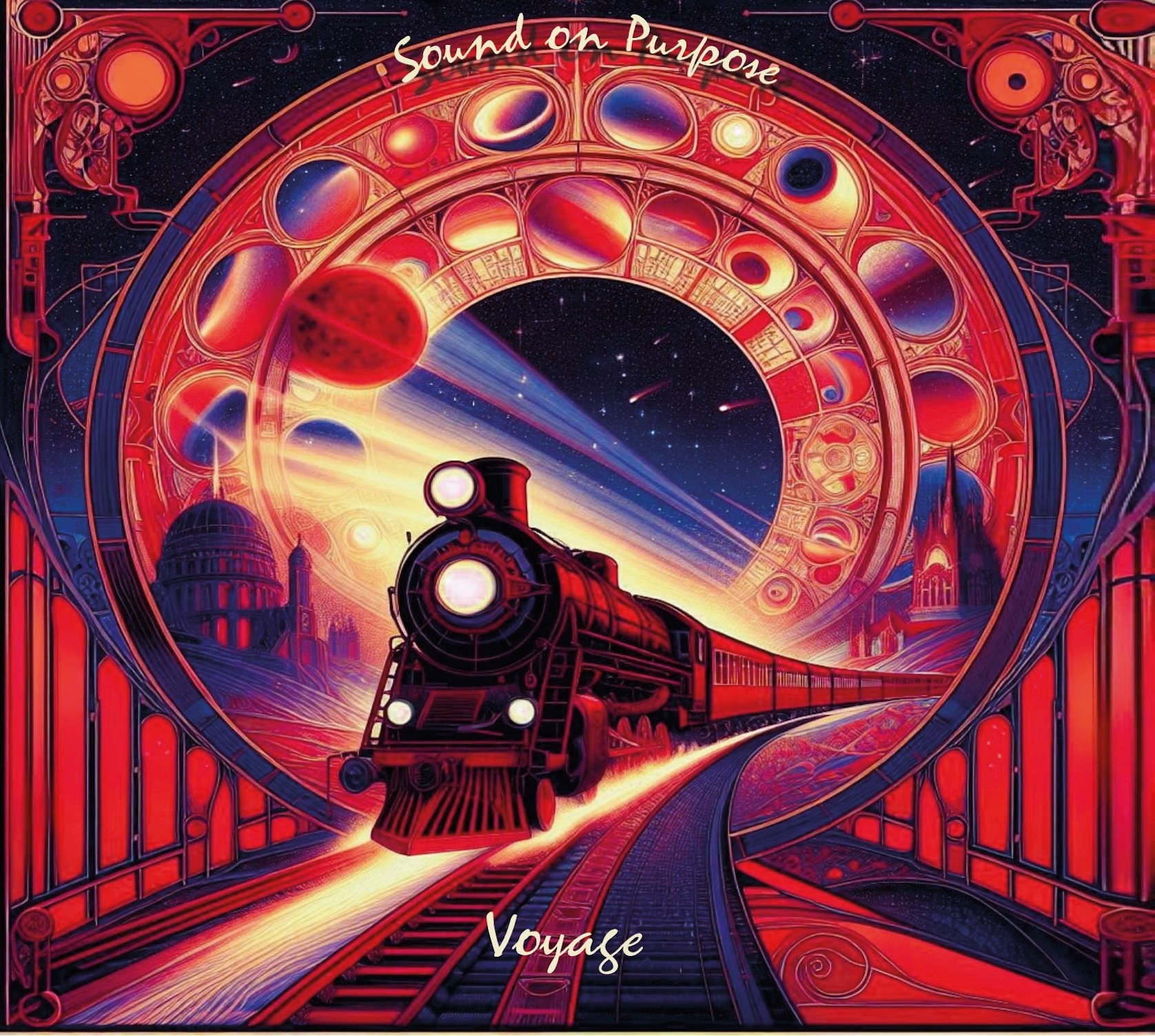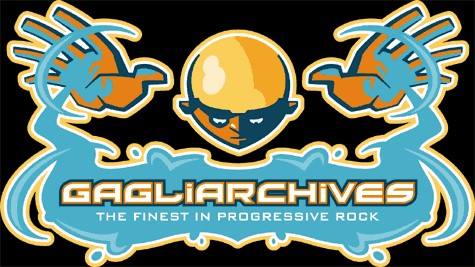
Intrigued by what seems like a wonderful line-up, an electronic trio of keyboards, violin and real drums, I did my proper audio reconnaissance and pressed the buy button. Frank Tischer, Klaus Marquardt and Tommy Fischer respectively have created a stunning debut. The impact of effusive rhythmic beats amid non-ambient synthesizer volleys emit quite a vibe, especially with the electric violin storming forth in symphonic form, a quantum leap in another direction from Tischer’s Kosmische Musik solo album “Impulse” that straddles the Berlin School of electronic style. The opener “SOP Overture” has sufficient ‘sturm und drang’ to even wake up the neighbours from their soporific routine. Grandiose, pulsating and utterly fascinating, it bodes well for the rest of the release.
Caught totally by surprise as the broiling hot Hammond organ is featured on the blues-laced vocal number “Still Is Not Too Late”, closer to the Allman Brothers and Brian Auger than Klaus Schulze, the violin solo will make any good man (pun) shudder with glee. Finished off with a classic barn burning finale.
“Miss Butterfly” (as opposed to Madame, I guess) shines a streaking silvery light on the majestic e-piano, carefully carving out a slow groove that exudes confidence, movement and inspiration. The solid drumming steers the course towards a higher plane, setting the stage for the violin to wreak some slithering havoc, screeching boldly with feline flexibility, inescapably elevating even further the mood into the starry skies.
Easily a highlight track, with the insistent bass synth laying down a hustling groove, over which that stunning organ can mischievously roam with impudence, “Orient Express” suggests locomotive movement as the famed Paris-Istanbul voyage offers a wide variety of sensorial delights (as I witnessed in 1966 as a child). The atmosphere becomes progressively pungent with a distinctly Eastern flair, as the Bosphorus beckons on the horizon.
From Constantinople, we travel to the Moon’s Sea of Tranquility, a suitably more astral development, though still propelled by muscular booster drum support, a sensorial orbit of the dead planet that gives the Earth life. “Moonlanding” delivers a small step of music but a giant leap for creativity. As Armstrong looks up at the dark expanse, perhaps a future “Comet Song” was dancing in his pressurized ears, a more classic song that perhaps could wink at Peter Schilling’s Major Tom. The sweet violin sweeps sublimely, the underlining piano and synths whooshing by, undeterred. The melody is absurdly attractive, the organ flurry even more so, as the track fades into deep space.
Everything flows and nothing remains the same, “Panta Rhei”, a sorrowful ballad to eternity, mostly just piano and voice, in haltingly gorgeous simplicity when waltzing hand in hand with the violin.
Sitting on a park bench, looking up at the heavens, “Lugaus” is the time for observation and reflection on the journey undertaken, a fully ambient synthesizer lookout that transcends time and space. It offers healing, serenity, peace and perhaps even conclusiveness. Until the next journey ahead.
Strongly recommended for astral adventurers looking for a spectral shift in sound and texture.
4.5 Reiseburos








